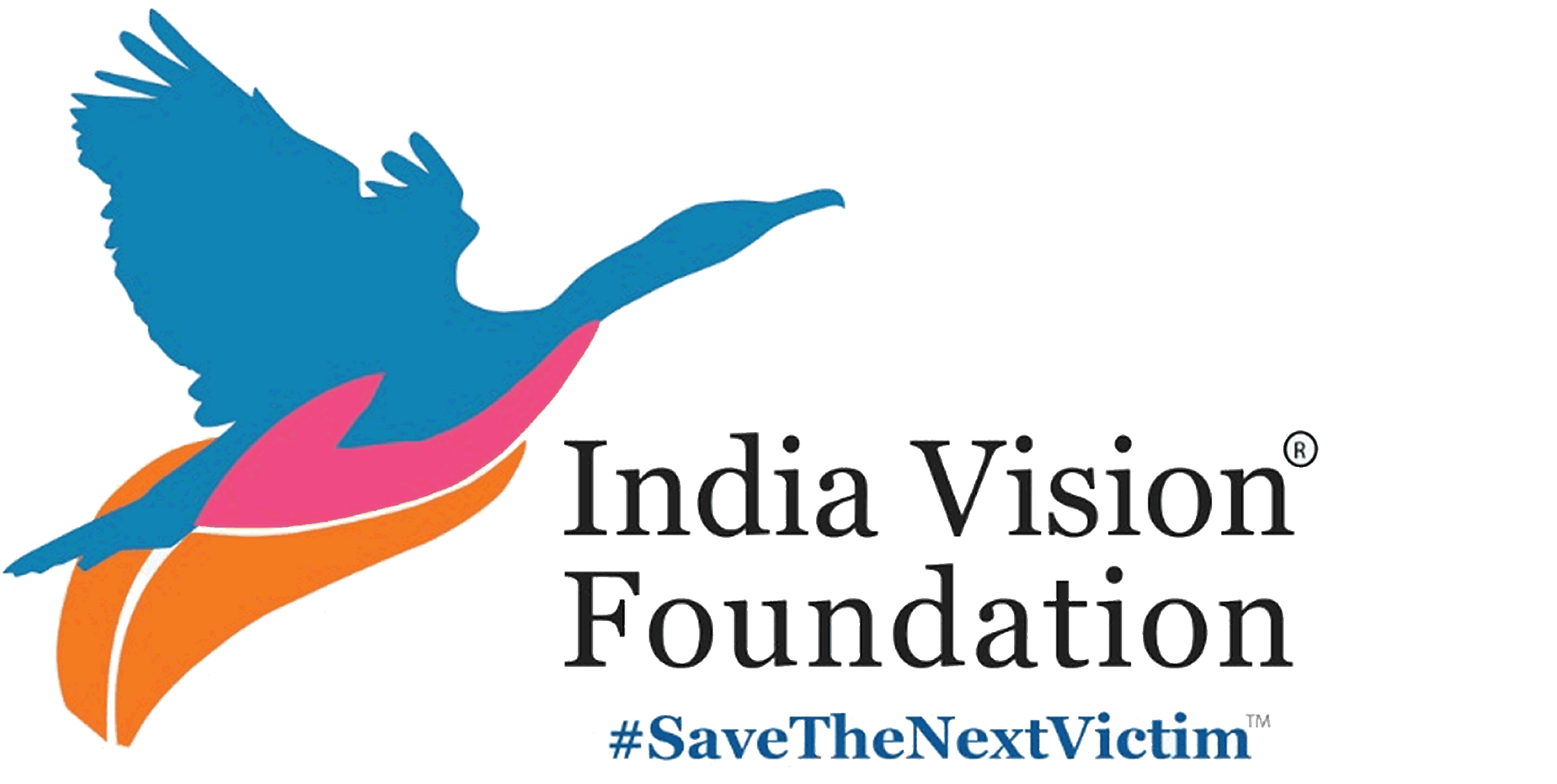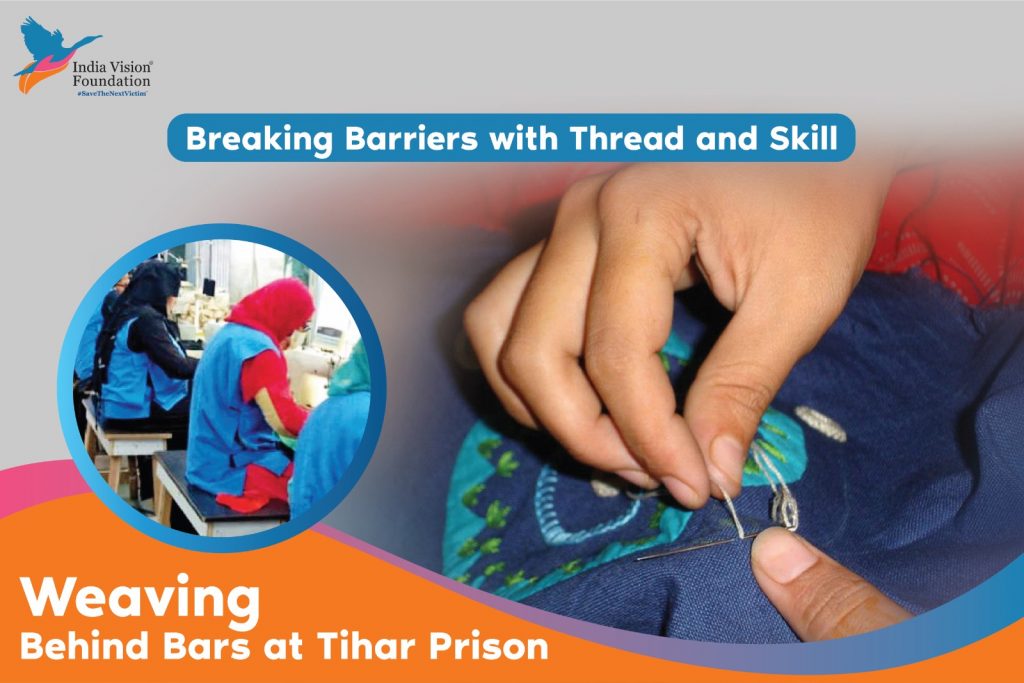Overview of Indian Vision Foundation
The Indian Vision Foundation, a non-profit organisation committed to rehabilitation and reformation, has introduced an innovative program that combines skill development with traditional craftsmanship: weaving.
The Art of Transformation:
Weaving is an ancient art that requires patience, precision, and a keen eye for detailWeaving Behind Bars: Tihar Prison’s Thread and Skill
For the incarcerated individuals at Tihar Prison, it has become more than just a craft; it is a pathway to rehabilitation and personal growth.
The Indian Vision Foundation’s weaving program aims to empower inmates with marketable skills, instil a sense of pride and accomplishment, and ultimately facilitate their reintegration into society.
Skill Development and Empowerment:
Behind the prison walls, inmates are allowed to learn the intricacies of weaving, from selecting the right threads to mastering various weaving techniques.
The program not only imparts vocational skills but also emphasizes teamwork, discipline, and time management – essential qualities that contribute to personal growth and rehabilitation.
In addition to the technical aspects of weaving, participants are taught about the cultural significance of traditional Indian textiles.
This not only enhances their appreciation for the craft but also helps them connect with their heritage, fostering a sense of identity and belonging.
Breaking the Chains of Stigma:
One of the most significant challenges faced by former inmates is the societal stigma attached to their past.
The weaving program at Tihar Prison aims to break these chains of stigma by showcasing the talents and skills of incarcerated individuals.
Through their creations, the weavers communicate resilience, determination, and the capacity for positive change.
The Indian Vision Foundation actively collaborates with local businesses and designers to create a market for handwoven products Weaving Behind Bars: Tihar Prison’s Thread and Skill
By doing so, they not only provide a source of income for the inmates but also promote the idea that everyone deserves a second chance. Each woven masterpiece becomes a symbol of transformation and a tangible expression of the weaver’s journey toward redemption.
Stories of Redemption:
Behind every woven tapestry or fabric lies a unique story of redemption. Inmates who once felt disconnected from society find solace and purpose in the rhythmic motion of the loom.
The process of creating something beautiful with their own hands becomes a therapeutic and transformative experience.
Through interviews with participants, heartwarming stories emerge—stories of individuals who have discovered newfound confidence, self-worth, and hope for a better future Weaving Behind Bars: Tihar Prison’s Thread and Skill
The weaving program at Tihar Prison not only equips them with employable skills but also instils a sense of responsibility and commitment, essential elements for successful reintegration into society.
Impact on Rehabilitation Rates:
The success of the weaving program extends beyond the walls of Tihar Prison. The Indian Vision Foundation has observed a positive impact on rehabilitation rates, with participants in the program demonstrating lower rates of recidivism compared to the general prison population.
The newfound skills and sense of purpose acquired through weaving contribute significantly to the inmates’ successful reintegration into society.
Community Engagement and Awareness:
To amplify the impact of the weaving program, the Indian Vision Foundation actively engages with the local community.
Open houses, exhibitions, and awareness campaigns are organized to showcase the skill and artistry of the weavers.
By fostering understanding and empathy, the program helps dismantle stereotypes and challenges societal perceptions about individuals with a criminal past.
Let’s see what the experts say
The weaving program at Tihar Prison, initiated by the Indian Vision Foundation, stands as a testament to the transformative power of art and skill development in the rehabilitation process.
By breaking down barriers and fostering a sense of purpose, the program not only equips inmates with valuable skills but also contributes to changing societal attitudes towards rehabilitation and reintegration.
As we witness the beautiful tapestries and fabrics produced by the weavers of Tihar Prison, we are reminded that every individual has the capacity for change and redemption.
Through initiatives like these, we can collectively contribute to building a more inclusive and compassionate society, where everyone is allowed to weave a brighter future for themselves, even behind bars.


